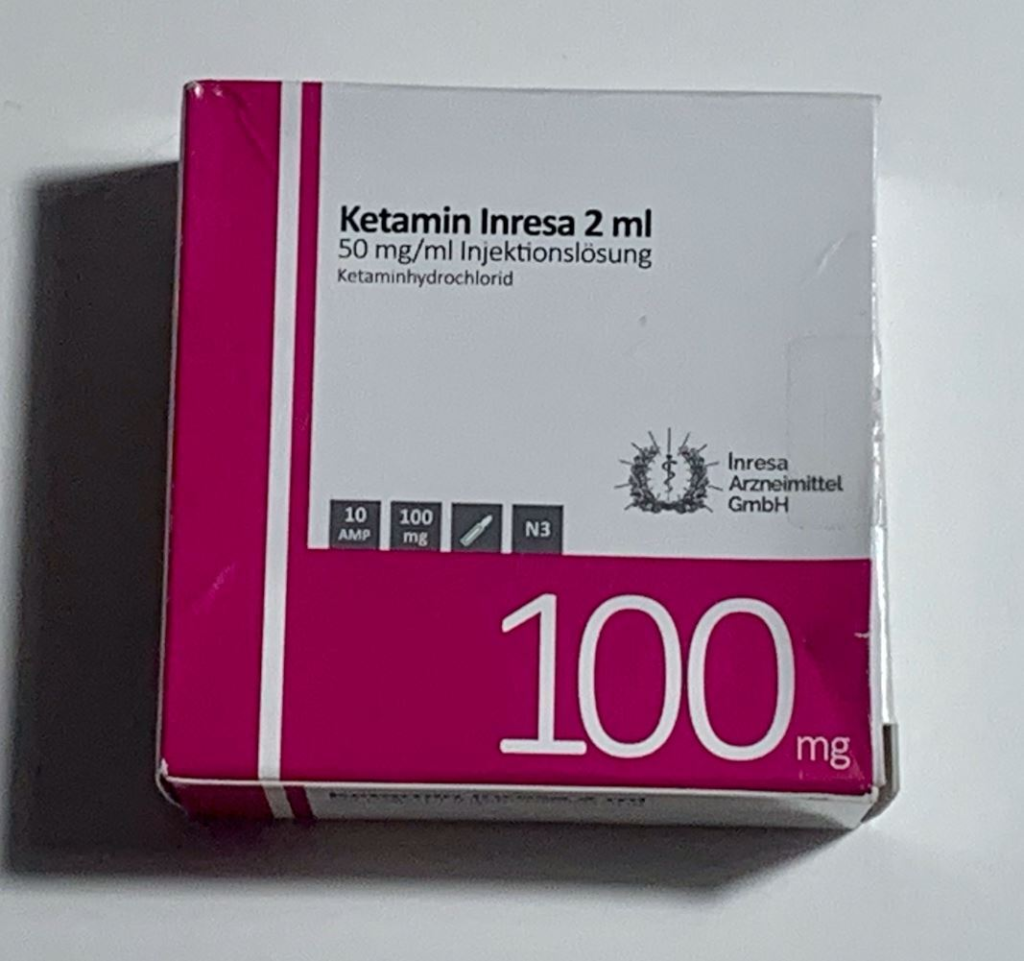A good friend of mine has recurrent episodes of depression. Whenever depression is looming, he feels hopeless and helpless. Even though he knows exactly what is happening (he is a doctor), what he feels takes over. According to him, a single injection of ketamine is the only thing that reliably gets him out before the depression gets worse.
Ketamine has been used for anesthetic purposes since the 1970s. For recreational purposes, “Special K” is abused throughout the world, especially in Southeast Asia and the UK. However, at lower than anesthetic or recreational doses, ketamine has some unique and interesting properties.
Currently, in psychiatric wards all over the world, there is a lot of talk and hype about using ketamine to treat a variety of conditions, especially deep biological depression. Taken at around 1/10th of an anesthetic dose, it rapidly lifts mood, abolishes suicidal thoughts, bans anxiety, and even improves obsessive-compulsive symptoms – at least for a subset of patients.
Compared to other drugs, ketamine exerts its effects not until after the drug has already left the system. Furthermore, the effects are “natural”, in the sense that the balance of monoamine neurotransmitters is not distorted.
While single-use ketamine is known to improve well-being, energy levels, and cognition for about 1-2 weeks (and more rarely months), repeated-use ketamine, a so-called “ketamine series”, is thought to bring about powerful neuroplastic changes.
The main benefit of ketamine is a rapid reduction in depressive symptoms, particularly suicidal ideation. The main problem with ketamine is that the benefits are mostly transient (at least for most people) and the potential neurotoxicity, which may already occur at therapeutic doses.
Personal experience
Once upon a time, a friend asked me to join him in doing ketamine, which he occasionally does for spiritual reasons. I had long been curious about it – especially whether it had any effects on me as a non-depressed person.
I took the standard psychiatric dose (0.5mg/kg).

We were in a pitch-black room with little sensory input. I did not particularly like the experience. In fact, I found it to be quite scary. It seemed that all matter had dissolved and there was just consciousness left.
The above is only a fraction of the article. This article is currently undergoing final revisions and is expected to be published within the next few weeks to months. To receive a notification upon its release, sign up for my newsletter.
Subscribe to the Desmolysium newsletter and get access to three exclusive articles!
